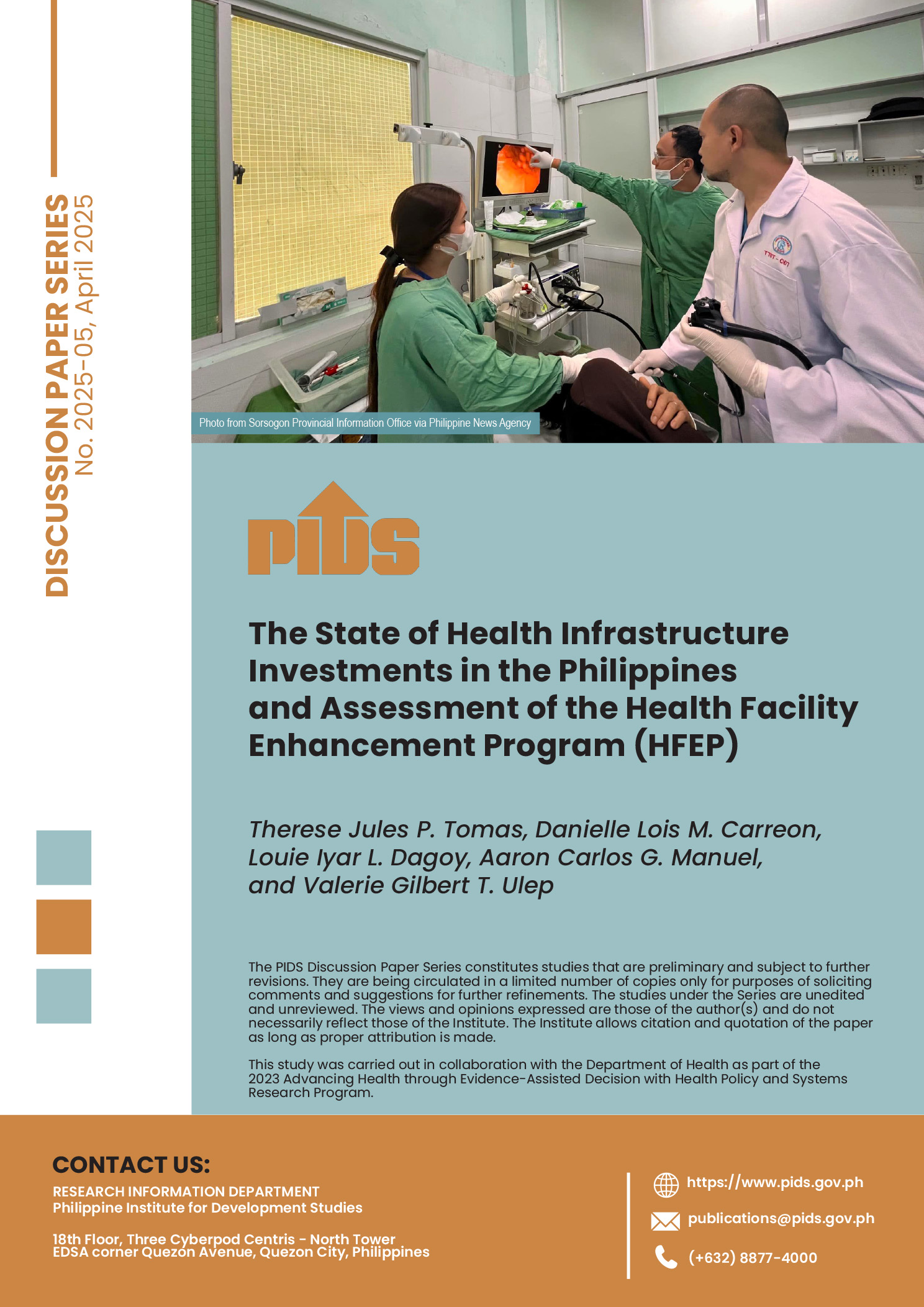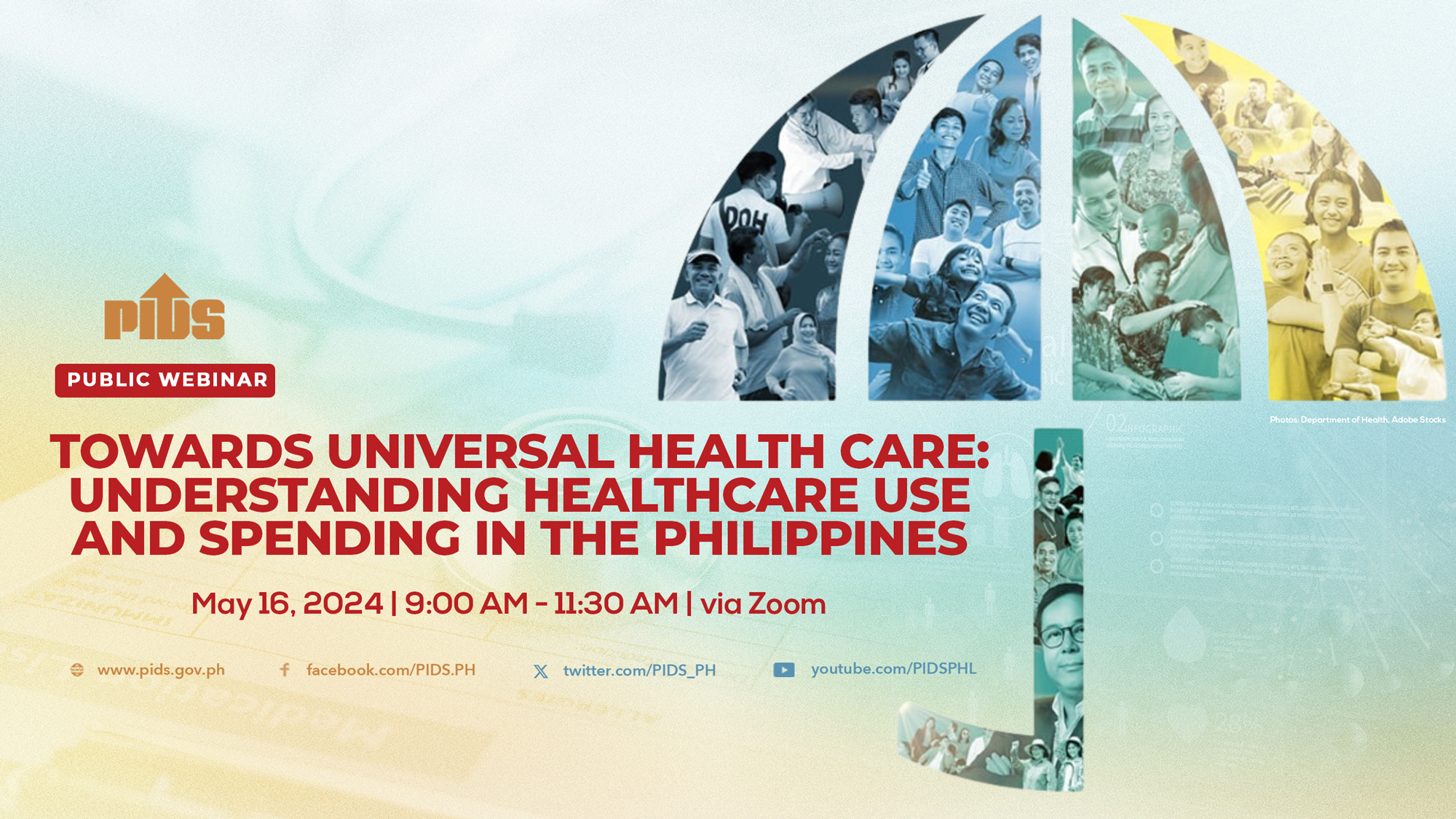FILIPINO migrant workers are not able to readily enjoy state-led healthcare and social security benefits due to the absence of bilateral agreements and portability mechanisms with other countries, according to a report published by the Philippine Institute for Development Studies (PIDS).
The policy note entitled “How literate are Filipino migrant workers in East Asia on health and social security systems,” said cross-border health care and social welfare are only possible if the sending and receiving countries have a social security agreement.
“Hence, the Philippines should negotiate with receiving states for portable and flexible health and social security to ensure optimal protection of OFWs across the migration cycle,” the PIDS said.
It said that “among the three destinations covered in this study, Japan is the only country with whom the Philippines has a bilateral agreement, which was signed in 2015 to guarantee access and totalization of healthcare and social benefits to Filipino migrants should they choose to return to the Philippines.”
The publication said that problems with portability inhibit migrants from seeking immediate medical attention, even though they have insurance coverage under the PhilHealth.
“Healthcare insurance may be utilized overseas and reimbursed in the Philippines. However, PhilHealth uses domestic case rates and thereby disregards the differences in healthcare costs between the Philippines and overseas. Moreover, difficulties navigating the systems, such as processing membership and filing claims or reimbursements, contribute to OFWs’ poor healthcare and social protection literacy,” the report said.
The policy note recommended that the government establish greater portability mechanisms for PhilHealth, the Social Security System, Pag-IBIG and Overseas Workers Welfare Administration (OWWA).
“Increasing ease in paying contributions (e.g., through digitization) and minimizing paperwork could boost and sustain interest in membership. The government should
invest in a unified database for accessing records of all OFWs, a portal for all related services and a multipurpose identification card for OFWs to ease system transactions,” it also said.
“The Philippines should actively pursue bilateral agreements with destination countries. Policymakers, academics, nongovernment organizations and migrant workers should collaborate to build more inclusive health and social security systems post-pandemic and beyond,” it added.












